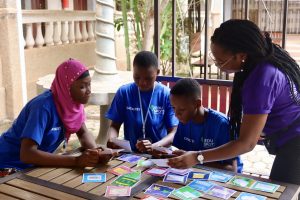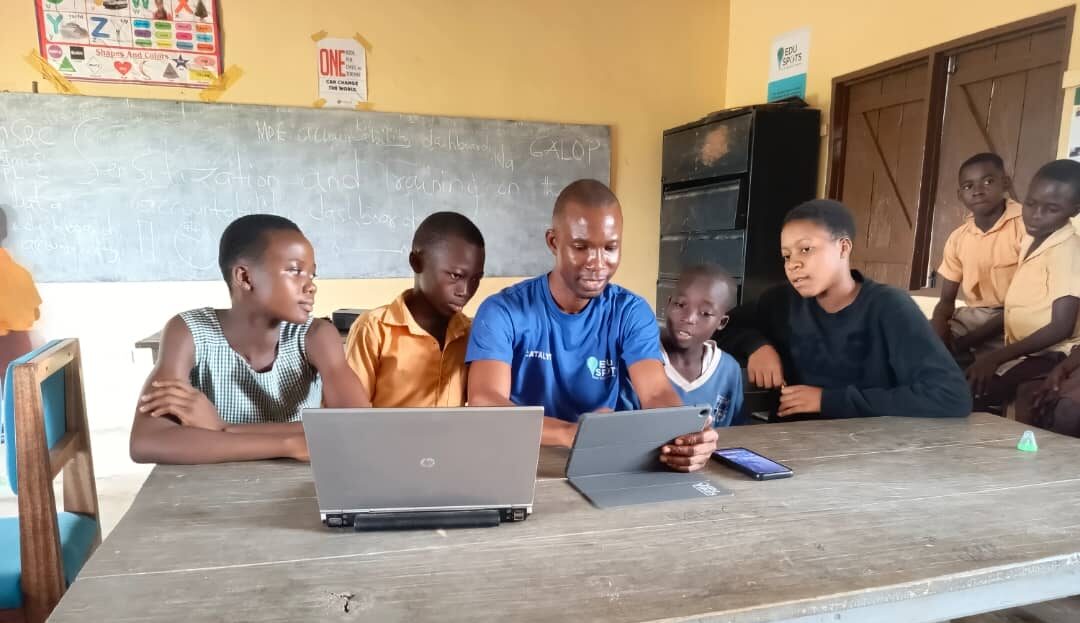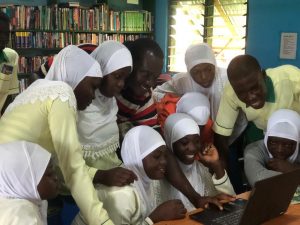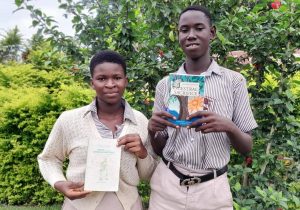Literacy Ideas
Find ideas for literacy development here


In today’s world, digital tools and skills are essential for driving change. At EduSpots, we support Catalysts, staff, and learners in expanding their impact through the Dream Spot Model and beyond by equipping them with the knowledge and resources needed to navigate the digital landscape effectively.
Our Literacy and Digital Skills strand provides training and support to help communities build digital confidence among Catalysts while fostering literacy and digital skills among learners. Within this strand, our DigiLit Clubs, designed for Upper Primary learners (Basic 4-6), offer a structured space for students to explore, create, and meaningfully engage with digital tools.
The club aims to cultivate creativity, critical thinking, active citizenship, and confidence, ensuring that learners can safely and effectively operate digital devices while communicating in online spaces.
To support our Catalysts, we provide monthly coaching sessions and interactive engagement on WhatsApp, equipping them with the skills to lead learner-centred, play-based literacy activities. These activities cover key areas such as reading, phonemic awareness, public speaking, creative writing, and digital storytelling.
At our community and school-based Spots, we focus on building core digital literacy competencies through engaging monthly challenges and hands-on club activities. Learners develop essential skills in Information and data literacy, communication and collaboration, digital content creation, online safety, and problem-solving to equip them with the tools to shape the future.
Our monthly challenges add a fun, interactive element to the learning process, allowing learners to apply their skills in real-world contexts.
Additionally, our DigiLit Club Resources offer practical guidance on starting and sustaining literacy and digital skills clubs, ensuring that educators and Catalysts have the tools they need to make a lasting impact.
For more information, reach out to William Donkor at wdonkor@eduspots.org
Find ideas for literacy development here
Students in our EduLit clubs are encouraged to think critically and creatively via the EduSpots Monthly Literacy Challenge. These activities are intended to encourage inclusive learning for children aged 10 to 14.
Our literacy clubs focus on harnessing the literacy skills (writing, debating and public speaking, reading, listening, acting, drawing) of students, with a focus on developing creative and critical thinking.

